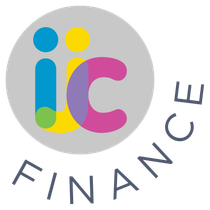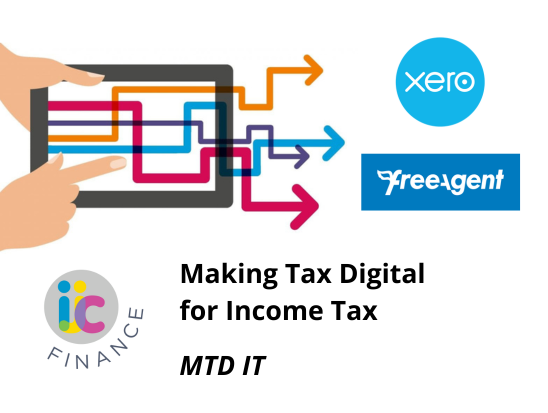All “big businesses” prepare budgets – from their top level budget for shareholders all the way down to departmental sub-budgets detailing the ins and outs for each team. It’s likely that these companies wouldn’t have become big businesses and able to track their progress without a budget. But it’s not only these businesses that will benefit from having a budget in place. Without even realising it, you most likely have some form of budget in your life even if it’s simply knowing how much your mortgage or rent will be and all your bills, so you can work out what you have left after income to spend on yourself and your family (your profit, so to speak!). So here’s a little more on what a budget actually is and why it’s a good idea to make one for your business, no matter how small you start out.
What exactly is a budget?
Investopedia.com tells us:
“A budget is an outline of the direction management wants to take the company. A financial forecast is a report illustrating whether the company is reaching its budget goals and where the company is heading in the future.”
A budget is a plan a business produces in order to:
- control the finances of the business
- ensure that the business can fund its current commitments
- enable the business to meet it objectives and make confident financial decisions; and
- make sure that the business has money for future projects.
The benefits of a budget include:
- estimating income and expenditure to restrict unplanned spendings
- ensuring money is allocated to help the strategic plans of the business
- understanding the business’ priorities better for all, especially if your team is involved in some of its formation
- the ability to compare data to highlight strengths and weaknesses of the business vs expectations
You can start your budget in different ways – for example, from the profit figure you want to end up with and working back how many sales you need to make this happen, or taking the sales you expect to make and work out the profit from those sales.
If you’re not sure how to start, the easiest thing to do is to take a piece of paper and write the months across the top, and then down the side list all the expenses you are going to incur regardless of the sales you make. These are your fixed costs. Working out your variable costs comes next, which for the most part are costs that directly relate to sales (but not always) and any other costs you incur that vary on volumes etc. You can work different numbers together to see what combination gives you the best outcome to meet your business plan and thereafter the profit you are looking to make.
Why you need a budget and a forecast
- To know what you are aiming to achieve over the next 3 months/6 months/year and beyond
- To have something measurable to compare against that you can review regularly and update (perhaps as a rolling budget if that’s easier than preparing a whole year up front)
- It’s often said that a budget is out of date the day after it’s written because plans and goals can change drastically, which is why regular review and reforecasting is essential
- You need to be able to work out if you have enough resources for what the business is trying to achieve in the short and long term
- Some banks and funding bodies will want to see your budget for any loan applications
Are you up to date with your bookkeeping?
Many profitable businesses fail due to poor cash flow, so it’s important to keep an eye on the ins and outs.
Ensuring that transactions are reconciled and upcoming bills and expenses are recorded is the best way to see where your bank balance is now and is likely to end up next week, next month or even this time next year.
If your business has few transactions, a simple spreadsheet in MS Excel or Mac OS Money is perfect for keeping track of all your transactions. As your business grows, or if you want to be able to prepare invoices and report for VAT then cloud accounting software like Xero and FreeAgent is perfect for keeping you in the loop and up-to-date as it’s available anywhere with an internet connection.
Check how well you’re doing with KPIs
Fiscal measures aren’t the only way to plan and track a business’ progress. As well as comparing against a monetary budget, create a set of KPIs (Key Performance Indicators) for your business that help you measure what’s important to you right now and track it across a relevant timeline e.g. weeks/months
Examples could include:
- Number of orders
- Number of new clients
- Average revenue per client
- Number of leads
- Number of IG followers
As important as it is to look back at how a business has performed over the last year, there’s nothing that can be done to change what’s already happened. Therefore it’s incredibly important to look forward at what a business could achieve, and what it needs to achieve, and where it wants to be further down the road.
If you’re looking for help in preparing your annual business budget, please get in touch to see how we can get you set in the right direction.







